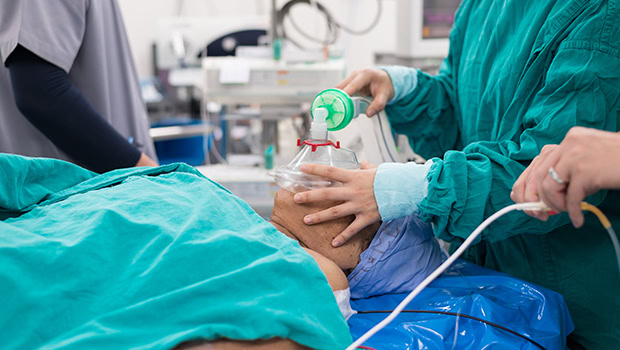Study Highlights Risk of DKA After Surgery

A new study highlights the dangers that people with Type 1 diabetes face when their medical teams inadequately prepare them for major surgery, in this case bariatric surgery.
People with Type 1 are not immune from obesity, and some turn to bariatric surgery. However, researchers from the Cleveland Clinic found that 25 percent of those with Type 1 who received this surgery suffered from moderate to severe diabetic ketoacidosis (DKA) afterwards. To get this figure, the researchers studied 10 years of patient information at the clinic. The results were reported on in Diabetes Care and Medscape.
There were a variety of factors that contributed to this problem, including patient inattention to blood sugar management before and after the surgery. However, in some cases, patients were incorrectly told by doctors to hold off on insulin the morning of their surgery. Other factors that likely led to DKA include the effects of anesthesia, surgical stress, dehydration, and postoperative infection.
Researchers noted that although people with Type 2 diabetes were far more likely to undergo this procedure than people with Type 1, they did not face nearly the same risk of DKA. Only 0.2 percent of people with Type 2 suffered from mild DKA after the procedure in the 10-year period.
To lower the risk of DKA with this procedure, doctors should take surgery preparation for patients with Type 1 seriously, according to researchers. This includes making sure blood sugar levels are under control in the two weeks leading up to the surgery and continuing insulin delivery on the morning of the surgery.
This study also shows how people with Type 1, and those who love them, should advocate for good surgery preparation. If you feel that your surgery team is not listening fully when you discuss Type 1 issues or answering your questions adequately, it’s okay to become a “pushy patient” and raise those concerns again. If needed, have your endocrinologist or primary care physician advocate on your behalf with the surgery team.
Thanks for reading this Insulin Nation article. Want more Type 1 news? Subscribe here.
Have Type 2 diabetes or know someone who does? Try Type 2 Nation, our sister publication.